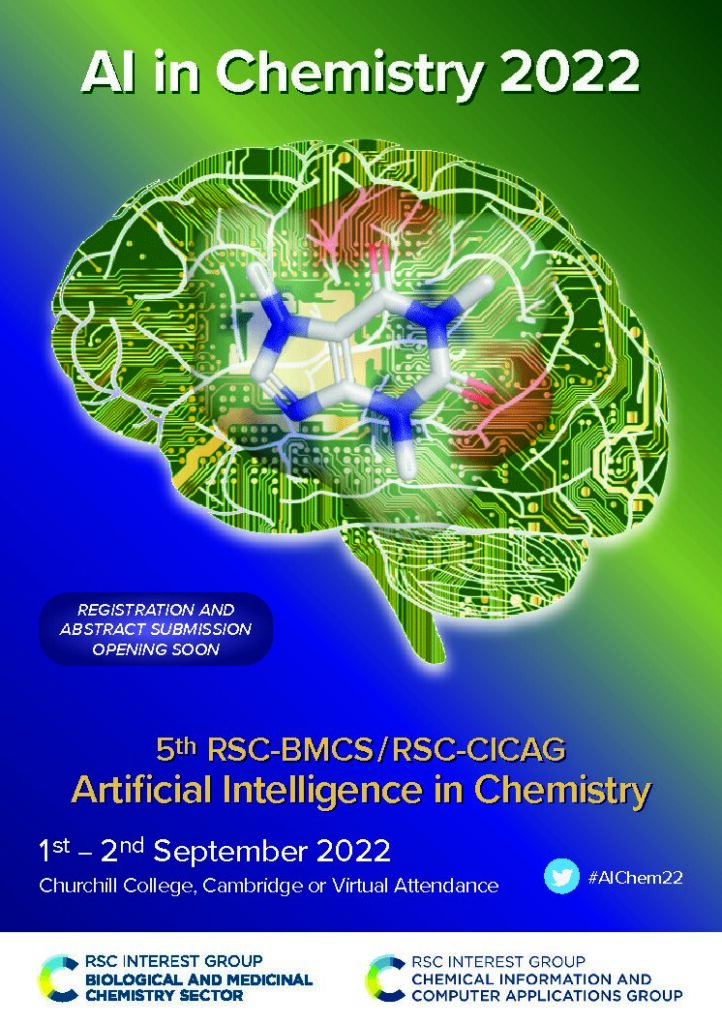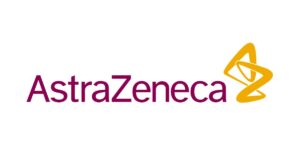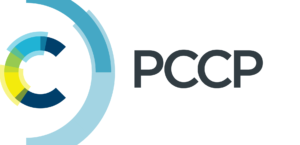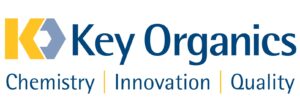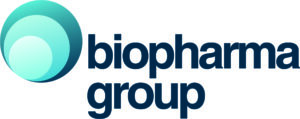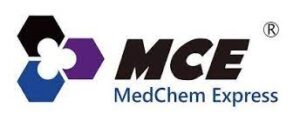5th Artificial Intelligence in Chemistry Symposium
Event
5th RSC-BMCS / RSC-CICAG Artificial Intelligence in Chemistry
Dates
Thursday-Friday, 1st-2nd September 2022
Place
Churchill College, Cambridge or Virtual Attendance
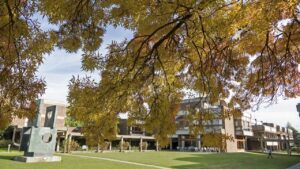
The intention is to hold this meeting in-person with talks also being live streamed from the auditorium over Zoom for remote attendees.
Networking and poster sessions are planned to be in-person only. The in-person nature of the
event is subject to COVID-19 – related government and local university requirements and might be
subject to change, so please be aware of this before planning your trip. The event organisers are
not responsible for any expenses incurred.
Important links and downloads
Twitter hashtag – #AIChem22
First announcement poster
Second announcement poster
5th RSC-BMCS/RSC-CICAG Meeting Report
Synopsis
Artificial Intelligence is experiencing a renaissance in the development of new methods and practical applications to ongoing challenges in Chemistry. Following the successes of four annual “Artificial Intelligence in Chemistry” meetings starting in 2018, we are pleased to announce that the Biological & Medicinal Chemistry Sector (BMCS) and Chemical Information & Computer Applications Group (CICAG) of the Royal Society of Chemistry are once again organising a conference to present the current advances in AI and machine learning in Chemistry. The meeting will be held over two days and combine aspects of artificial intelligence and deep machine learning methods to applications in chemistry. The programme will include a mixture of keynote talks, panel discussion, oral presentations, flash presentations, posters and opportunities for open debate, networking and discussion.
Who should attend
This meeting will be of interest to scientists of any level of experience from academia and industry
Call for Posters / Abstracts
Abstract submissions are now closed.
Programme
Thursday 1st September
| 9:15 | Registration and refreshments |
| 10:20 | Opening remarks Samantha Hughes, AstraZeneca, UK |
| Session 1: Chair: Samantha Hughes, AstraZeneca, UK |
|
| 10:30 | Keynote 1: Keynote 1: From a Combination of Chemical Synthesis and Automation to Enzymatic Design: the Many Opportunities of Language Models in Chemistry Teodoro Laino, IBM Zurich, Switzerland |
| 11:30 | Flash poster presentations FO01: Gaussian Process Models of Potential Energy Surfaces with Boundary Optimisation Jack Broad, University of Nottingham, UK FO02: CACHE: An International Competition to Define the State-of-the-Art in Computational Molecular Design for Drug Discovery Matthieu Schapira, SGC, Canada FO05: Building a Machine Learning Platform to Enable Sustainable Solvent Selection Samuel Boobier, University of Nottingham, UK FO06: SARkush: Automated Markush-Like Structure Generation for SAR Communication Lauren Reid, MedChemica Ltd, UK FO07: Using Matched Molecular Pairs For CoreDesign® Jess Stacey, MedChemica Ltd, UK FO08: CoPriNet: Predicting compound prices using Graph Neural Networks Ruben Sanchez Garcia, University of Oxford, UK FO09: Persistent Images: A Novel Molecular Representation To Exploit Computer Vision Based Deep Learning Architectures For Drug Discovery Aras Asaad, Oxford Drug Design Ltd, UK FO10: Data-driven discovery of porous liquids: A combined theoretical and experimental approach Austin Mroz, Imperial College London, UK FO12: The Fragment Network as a novel source of fragment merges Stephanie Wills, University of Oxford, UK FO13: Improving the diversity of AI generated molecules for drug design Maxime Langevin, Sanofi Aventis, France FO14: Using AI to drive valuable insights from drug discovery data Matthew Segall, Optibrium, UK FO15: Fragment-Based Hit Discovery via Unsupervised Learning of Fragment-Protein Complexes William McCorkindale, University of Cambridge, UK FO16: BERT models in kinetic prediction: methodological insights and interpretation of predictions Chloe Wilson, University of Oxford, UK FO17: Transfer Learning for Improved Peptide Activity Prediction on Small Dataset Erik Otovic, University of Rijeka, Croatia FO18: Machine learning for yield prediction for chemical reactions using in situ sensors Joseph Davies, University of Nottingham, UK FO19: Meta-learning Adaptive Deep Kernel Gaussian Processes for Molecular Property Prediction Austin Tripp, University of Cambridge, UK FO20: High-throughput autonomous discovery of novel porous liquids Austin Mroz, Imperial College London, UK FO22: Bias in the Benchmark: Systematic experimental errors in bioactivity databases confound multi-task and meta-learning algorithms Leo Klarner, University of Oxford, UK |
| 12:05 | Lunch, Exhibition, poster session and networking |
| Session 2: Chair: Nadia Ahmad, Charles River, UK |
|
| 13:30 | S01 Global and Local Experts for Molecular Activity Prediction Héléna Gaspar, BenevolentAI, UK |
| 14:00 | S02 Remembering the lab in computational molecular material discovery Kim Jelfs, Imperial College London, UK |
| 14:30 | O03 Hybrid Alchemical Free Energy/Machine-Learning Methodologies for Drug Discovery Julien Michel, University of Edinburgh, UK |
| 15:00 | Refreshments, exhibition, posters and networking |
| Session 3: Chair: Kathryn Giblin, AstraZeneca, UK |
|
| 15:30 | S04 Machine Learning for Toxicity Prediction - Applications BASF Miriam Mathea, BASF, Germany |
| 16:00 | O05 Socioeconomic, Environmental, and Scientific Considerations for the Recent Technological Shift in Cheminformatics and Computational Chemistry Daniel Probst, École Polytechnique Fédérale de Lausanne, Switzerland |
| 16:30 | Panel Discussion Chair: Garrett M. Morris, University of Oxford, UK |
| 17:15 | Close |
| 18:15 | Walk to conference dinner |
| 19:00 | Reception and conference dinner at Trinity Hall |
Friday 2nd September
| 8:30 | Refreshments |
| Session 4: Chair: Chris Swain, Cambridge MedChem Consulting, UK |
|
| 9:30 | Keynote 2: The power and pitfalls of machine learning in early stage drug discovery Charlotte Deane, MBE, University of Oxford, UK |
| 10:30 | Refreshments |
| Session 5: Chair: Chris Swain, Cambridge MedChem Consulting, UK |
|
| 11:00 | O06 De novo Molecular Design in 3D using Available Reagents, Reactions, and Docking in Deep Reinforcement Learning for SARS-CoV-2 Main Protease An Goto, University of Oxford, UK |
| 11:30 | O07 Forecasting Vaping Health Risks Through Neural Network Model Prediction of e-liquid Flavour Pyrolysis Reactions Donal O’Shea, Royal College of Surgeons in Ireland, Ireland |
| 12:00 | S08 Models of Chemical Reactivity to Inform Molecular Design Conor Coley, Massachusetts Institute of Technology, USA |
| 12:30 | Lunch, Exhibition, poster session and networking |
| Session 6: Chair: Nathan Brown, Healx, UK |
|
| 14:00 | Keynote 3: Machine Learning for Accurate Energies and Forces in molecular systems. Uses in conformational searches and free energy calculations Adrian Roitberg, University of Florida, USA |
| 15:00 | S09 Machine learning-based predictions of ADME properties in pharmaceutical industry Raquel Rodriguez Perez, Novartis, Switzerland |
| 15:30 | Refreshments, exhibition and networking |
| Session 7: Chair: Garrett M. Morris, University of Oxford, UK |
|
| 16:00 | O10 3D Pride Without 2D Prejudice: Bias-Controlled Multi-Level Generative Models for Structure-Based Ligand Design Lucian Chan, Astex, UK |
| 16:30 | O11 MoLeR: Creating a Path to More Efficient Drug Design Krzysztof Maziarz, Microsoft Research, UK |
| 17:00 | Closing remarks Garrett M. Morris, University of Oxford, UK |
*Programme timings subject to change
Conference Dinner
The conference dinner will take place on Thursday 1st September at Trinity Hall and is included within the delegate registration fee. Trinity Hall is home to a friendly community of undergraduate and postgraduate students, tucked away on a beautiful riverside site by the city centre. It is one of the oldest colleges of Cambridge University, founded in 1350. It is a semi-formal evening and is a great time to come together to enjoy a three-course meal.
Registration
In person registration is now closed.
In person registration deadline: Monday 29th August 17:00 (BST)
Online attendance registration will remain open throughout the duration of the meeting.
Registration Fees** In person registration is now closed
In person attendance rate
RSC Member* £330
Non-member £400
RSC Student** Member* £165
Student** Non-member £220
Online only rate
RSC Member* £220
Non-member £267
RSC Student** Member* £110
Student** Non-member £147
* Member is a paid-up member of the RSC
** Student rates apply to undergraduate and post-graduate students only, but not post-doctoral students.
Want to become a member?
To join the RSC in order to qualify for discounted registration fees at all RSC, please follow this RSC link.
Student Bursaries
The RSC-BMCS and RSC-CICAG are offering a small number of student bursaries to attend the meeting in person. Applications are open to PhD and post-doctoral applicants studying at academic institutions or non-profit institutions. Preference will be given to members of the RSC-BMCS and RSC-CICAG. The bursary value for this event is up to £600 and applicants have to fill either an RSC-BMCS or RSC-CICAG application form . The bursary application closing date is 14th July.
Exhibitor/Sponsorship Opportunities
Registrations are now closed
– A six foot trestle table and chair(s);
– Access to electricity and Wi-fi;
– Logo inclusion in delegate handbook and rolling slides;
– Exhibitors promotional page in the printed delegate handbook;
-One exhibitor stand staff with access to the technical sessions and conference dinner (Excluding accommodation)
£98.50 Accommodation per person, per night
£150 Delegate pack inserts
We are also seeking sponsorship from organisations supporting the low registration fees offered to students. You can support and sponsor this meeting by clicking the booking link above.
Sponsors
We are grateful to our confirmed sponsors for their valued support.
Exhibitors
We are grateful to our confirmed exhibitors for their valued support.
Organising Committee
Nathan Brown, Healx
Samantha Hughes, AstraZeneca (Co-Chair)
Garrett M. Morris, University of Oxford (Co-Chair)
Chris Swain, Cambridge MedChem Consulting (Interim Treasurer)
Secretariat Contact
Hg3 Conferences Ltd
+44 (0)1423 529333
E-mail
